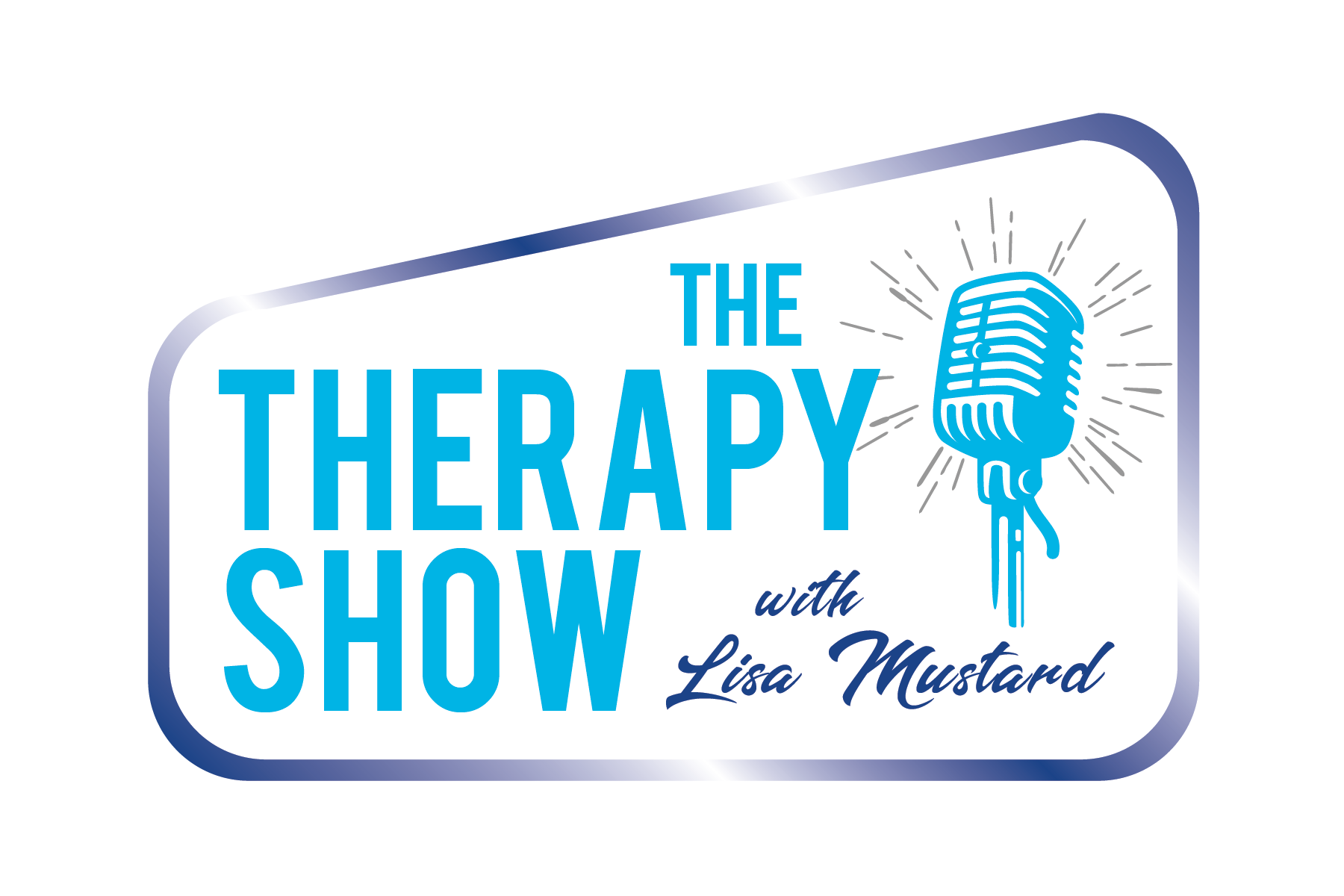Navigating the Challenges of High Achievement: How Therapy and Coaching Can Help Highly Driven, Highly Successful Individuals Thrive
By Lisa Mustard, Licensed Therapist and Life Coach
As a highly driven, highly successful individual, you’ve built your career or personal life on ambition, dedication, and a relentless pursuit of excellence. You set goals, surpass them, and continually raise the bar. To the outside world, it may seem like you have it all—success, recognition, and influence. But behind the scenes, the pressure to maintain this level of achievement can be overwhelming.
As both a counselor and coach specializing in working with Highly Driven and Highly Successful (HDHS) clients, I understand the unique challenges that come with being at the top. You may feel as though no one can truly relate to your experiences or the burdens you carry. That’s where therapy and coaching come in—not as signs of weakness, but as strategic tools to help you continue thriving in a sustainable, healthy way.
The Hidden Struggles of High Achievers
High achievement is often seen as the ultimate goal. Ambition, resilience, and drive are all traits celebrated in our culture. However, success comes with its own set of challenges that many high achievers face, including:
Perfectionism and Fear of Failure
As someone who strives for excellence, you might feel a constant need to exceed expectations, which can lead to perfectionism and a fear of failure. This pressure can create stress, anxiety, and self-doubt. Therapy and coaching can help you break free from these limiting beliefs, allowing you to redefine success in a healthier way.
Burnout and Overwork
Highly successful individuals often push themselves beyond their limits, leading to exhaustion and burnout. Through therapy, you can explore ways to manage stress and create a balanced lifestyle. Meanwhile, coaching can help you implement time management strategies and actionable steps to prevent burnout while still pursuing your goals.
Isolation on at the Top
Being a high achiever can feel lonely. You may think others can’t relate to your challenges, or you may feel the need to project a constant image of strength. Therapy provides a safe, confidential space to explore your vulnerabilities, while coaching offers guidance on building authentic relationships that support your personal and professional goals.
Balancing Personal and Professional Lives
High achievers often struggle to find balance, sacrificing personal relationships or health for professional success. Therapy helps you explore emotional challenges and reconnect with your personal values, while coaching helps you implement practical changes to achieve harmony between work and life.
Therapy vs. Coaching: Which is Right for You?
Both therapy and coaching offer valuable support for high achievers, but they serve different purposes:
Therapy: Therapy focuses on emotional and psychological well-being. If you’re dealing with anxiety, stress, or unresolved personal issues, therapy can provide you with insight, coping strategies, and emotional healing. It’s a space to address deeper concerns and work through personal challenges.
Coaching: Coaching is action-oriented and future-focused. If you’re seeking guidance to reach specific goals or improve your performance, coaching offers practical strategies to help you move forward. A coach works with you to create a clear roadmap for success, accountability, and continuous growth.
The combination of both approaches can be incredibly powerful. Therapy helps you explore and resolve underlying emotional barriers, while coaching propels you toward your goals with structured guidance and actionable strategies.
The Benefits of Therapy and Coaching for HDHS Clients
Success doesn't mean you have to sacrifice your well-being. Therapy and coaching offer a range of benefits for high achievers like you.
Clarity and Focus
Therapy helps you step back and gain perspective, allowing you to realign your actions with your values. Coaching complements this by helping you develop clear, focused plans for your next steps—whether in your career, personal life, or both.
Coping with Pressure
Therapy provides you with tools to manage stress, anxiety, and the emotional strain of high achievement. Coaching, on the other hand, equips you with practical methods for setting boundaries, delegating tasks, and optimizing your time.
Emotional Resilience and Personal Growth
Therapy enhances emotional resilience, allowing you to navigate setbacks with confidence and grace. Coaching builds on this by helping you leverage challenges into opportunities for growth and success.
Sustainable Success
The ultimate goal of both therapy and coaching is to help you achieve lasting success—without the burnout or emotional toll. You’ll learn how to maintain a healthy work-life balance, enjoy your achievements, and continue to evolve both personally and professionally.
Is Therapy or Coaching Right for You?
If you’re a high achiever facing the pressures of perfectionism, burnout, or isolation, therapy and coaching might be the next steps to help you thrive. Rather than going it alone, you can work with a professional who understands your drive for success and can guide you toward greater balance, fulfillment, and clarity.
Whether you choose therapy, coaching, or a combination of both, you’re investing in your personal and professional growth. You’ll develop the mental, emotional, and strategic tools to continue excelling while maintaining your health and well-being.
Take the Next Step Toward Sustainable Success
Are you ready to take the next step toward sustainable success? I invite you to explore how therapy and coaching can provide the support you need to navigate the complexities of high achievement. Together, we can address your unique challenges and help you build a life that feels both balanced and fulfilling.
Contact me today to learn more about how we can work together to unlock your full potential—professionally and personally. Email me, lisa@lisamustard.com to set up a FREE consultation.
